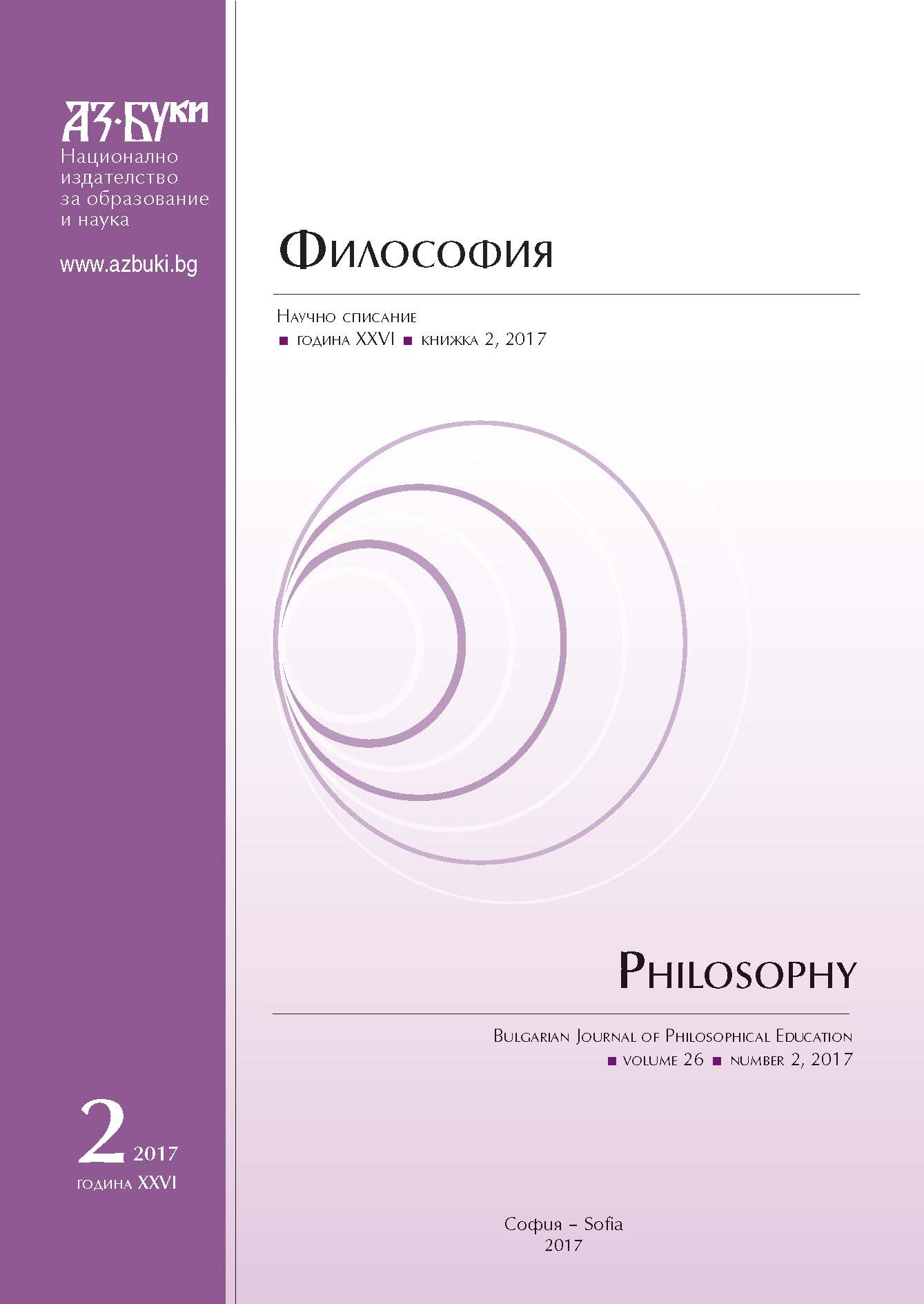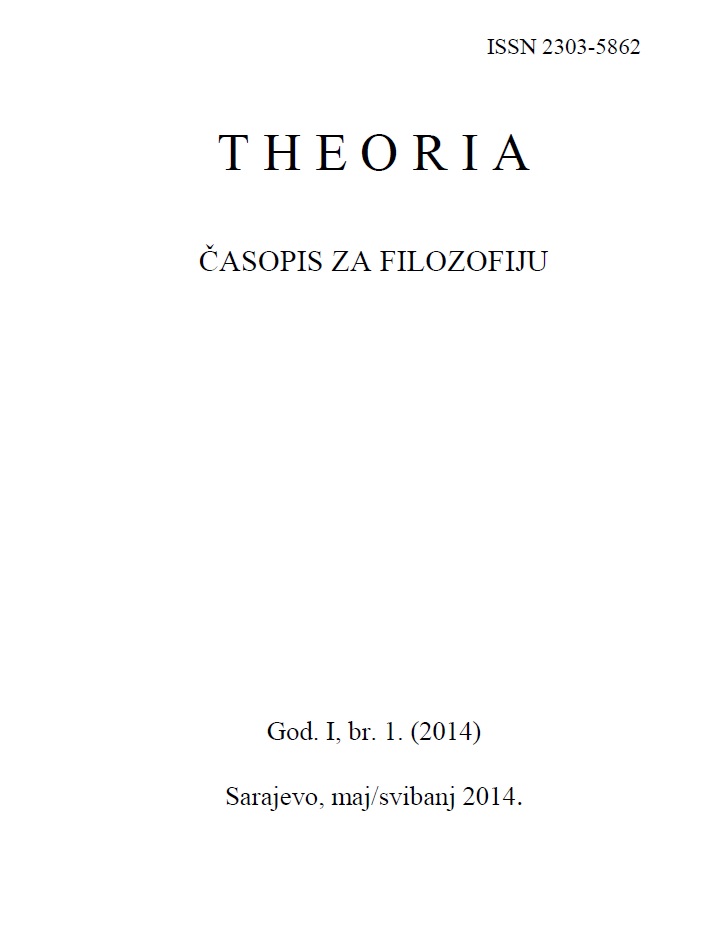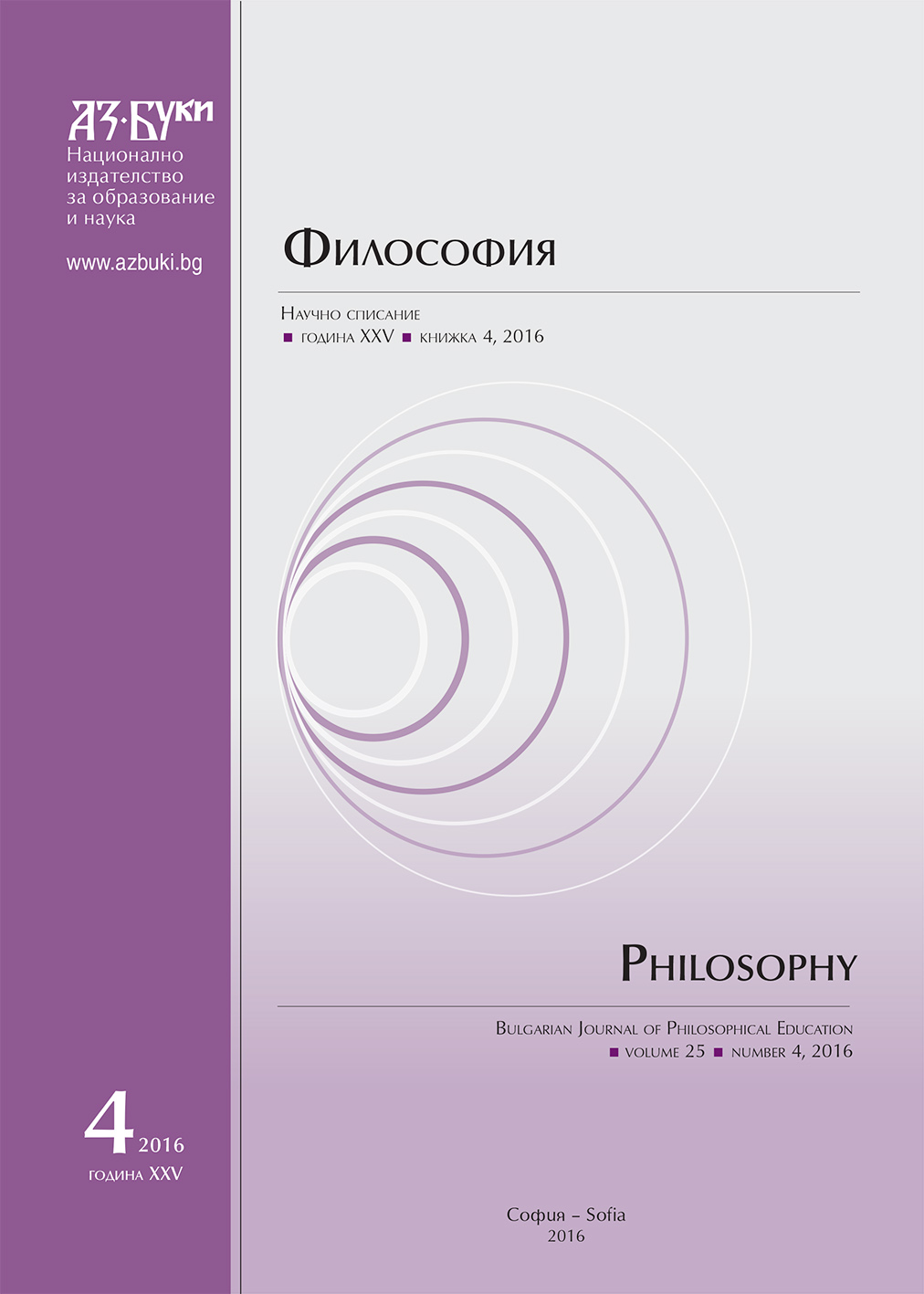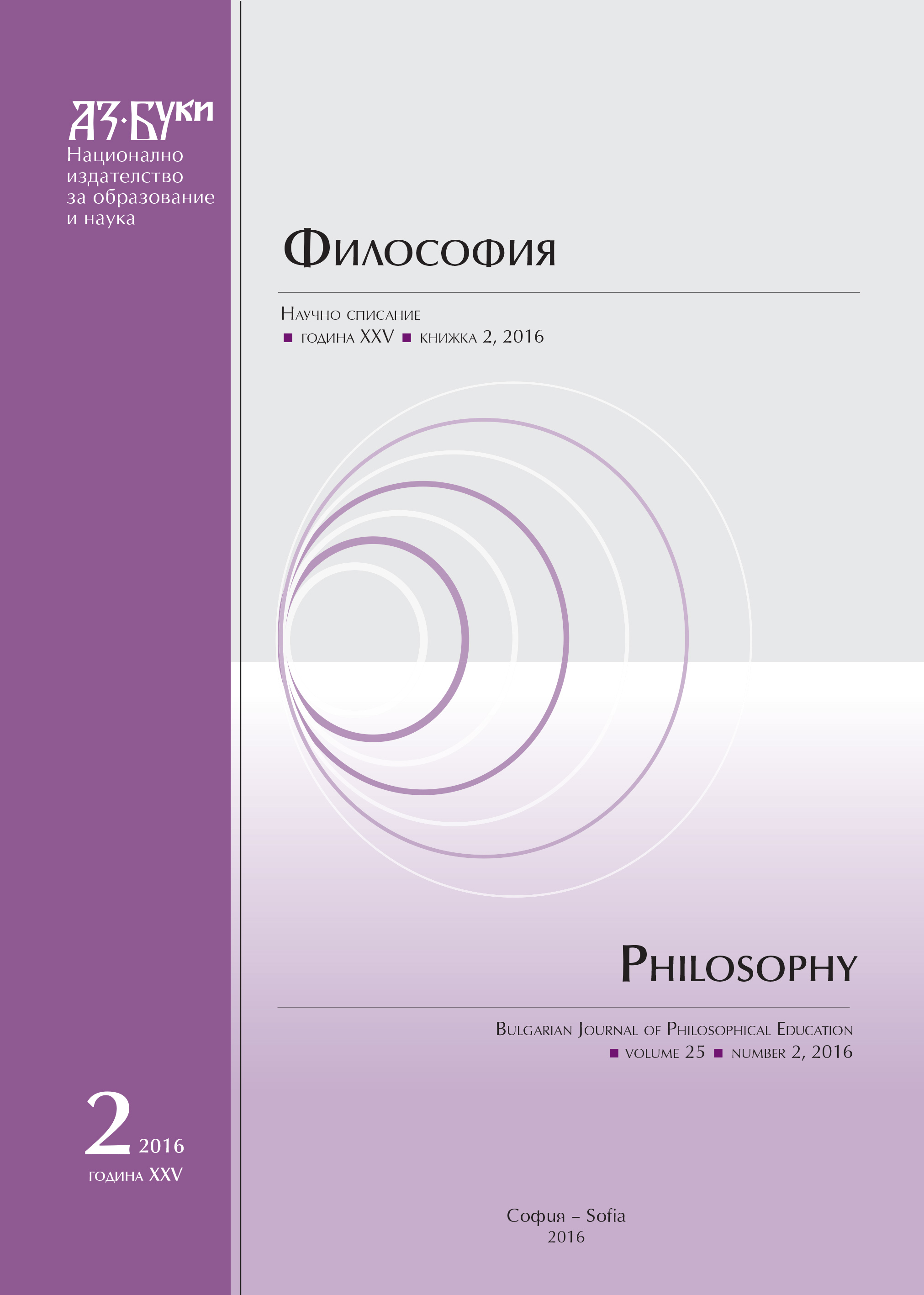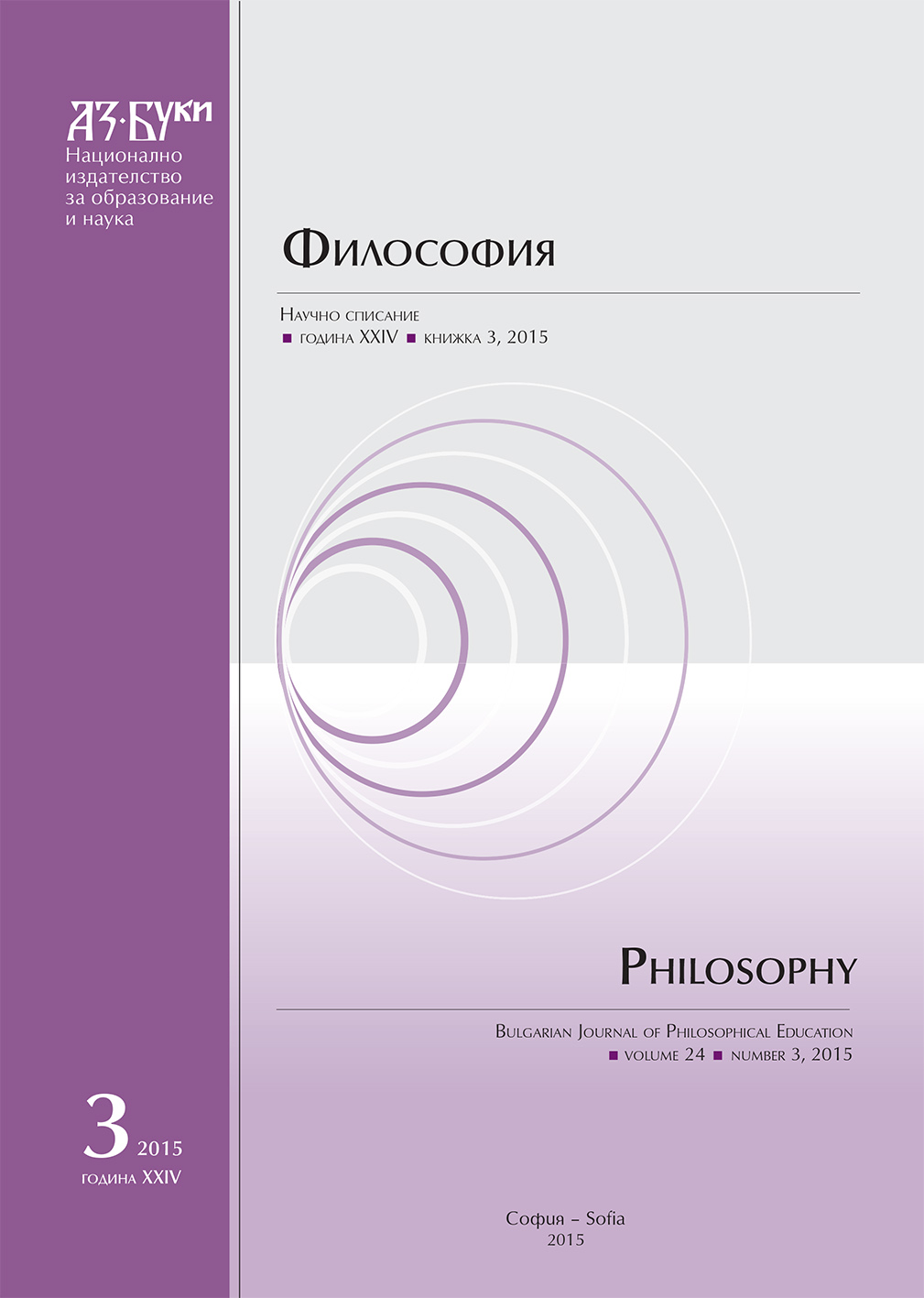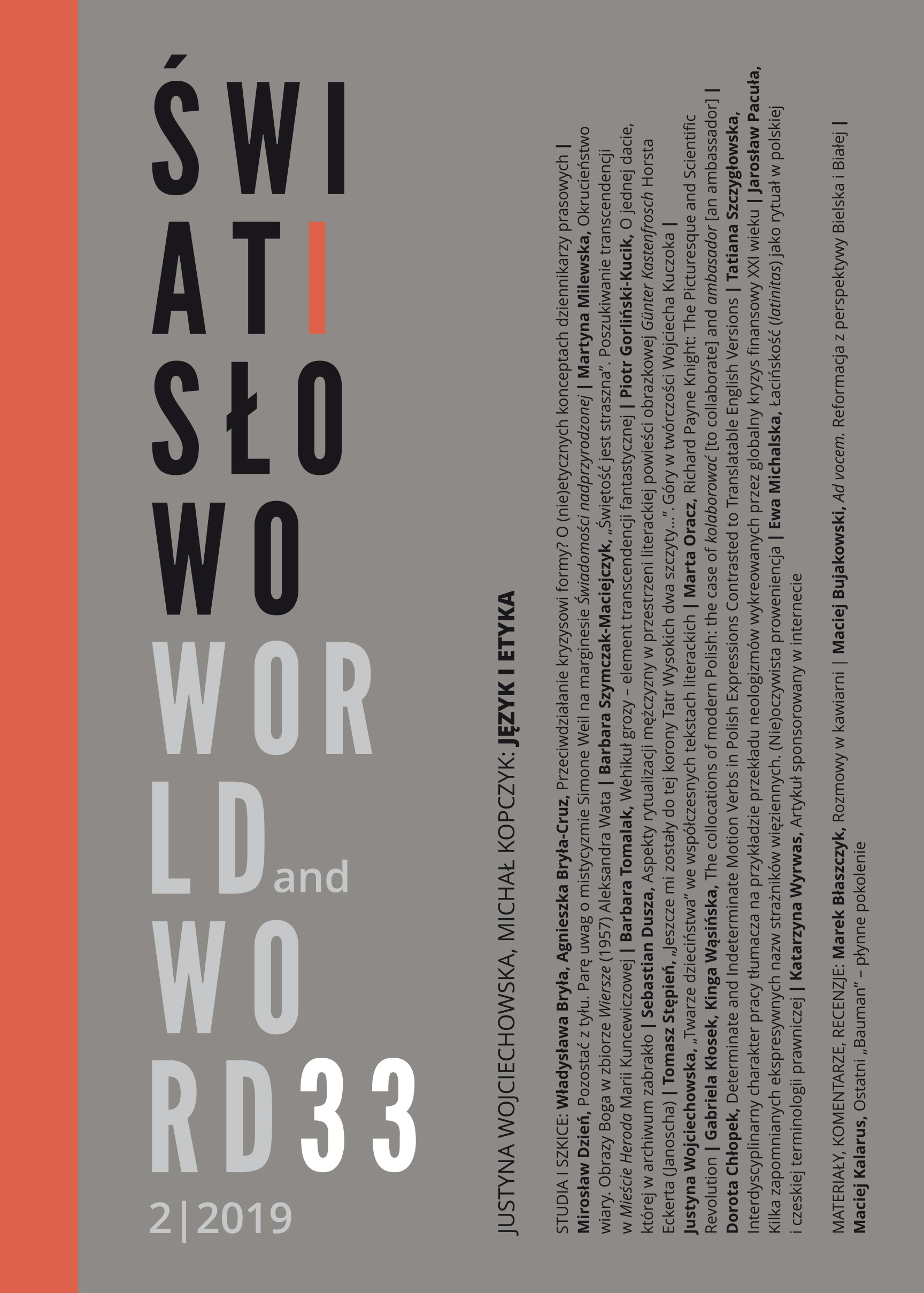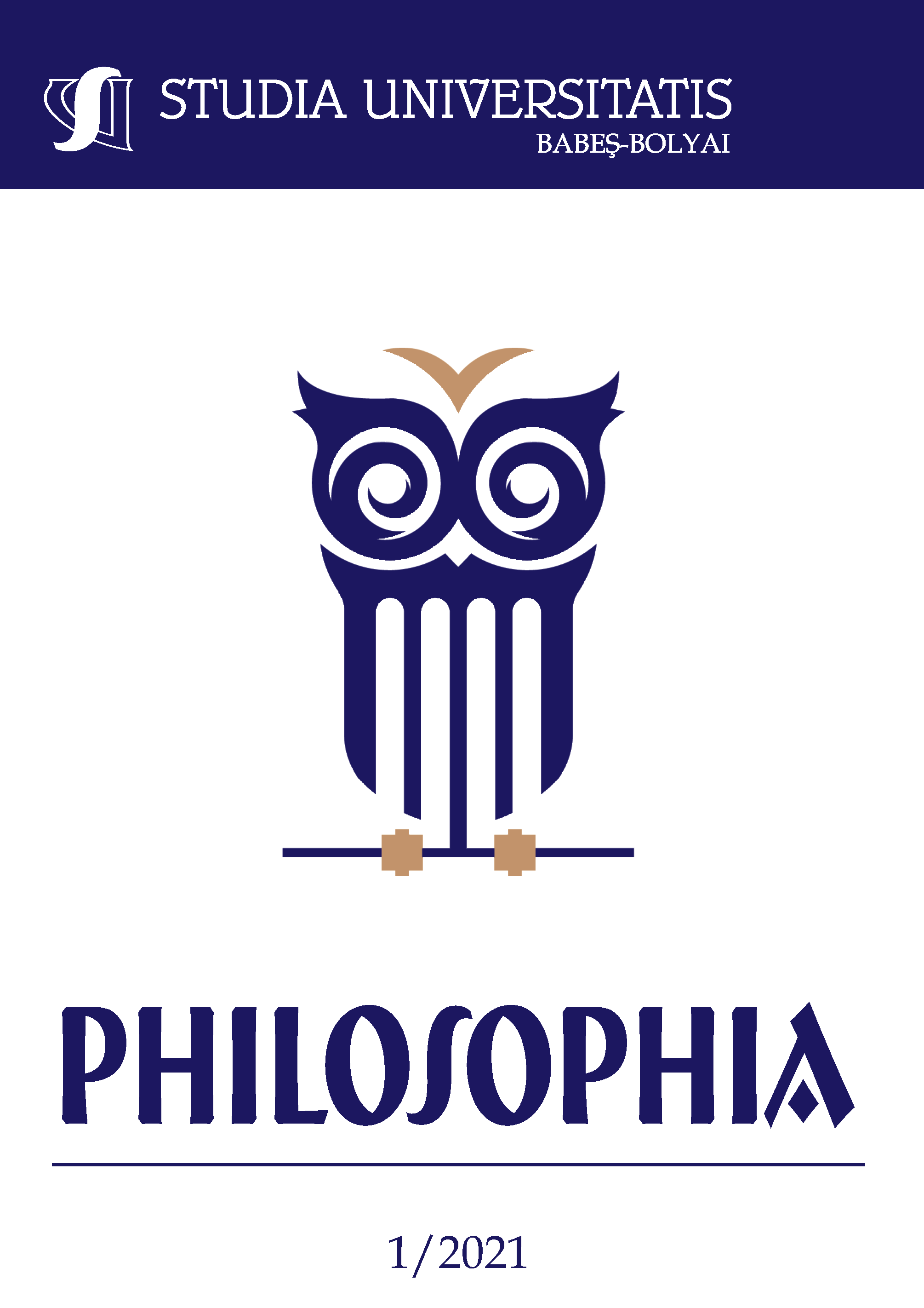Author(s): Đuldina Kurtović / Language(s): Bosnian
Issue: 1/2014
The overview of the key points in which their reflections encounter, especially those which are related to the existential determination of man and his position in the world, allows comparative study to find its way towards the realization of co-operation and respect for the other and different. The attitude towards life, understanding of the suffer, position of the man in the world are just some of the important touch points on which the philosophies of these two great men meet and dissipate. As riddle that will always represent a source for further comparative researches, Buddha and Nietzsche have greatly influenced the philosophical flows that will follow after them. In order to understand these touch points it is necessary to meet the basic characteristics of their philosophies. European civilization, and thus European man, have reached the end of their development path, and Nietzsche sees the cause in old values, values that ceased to be the directive in life. Nietzsche will recognize and announce values such like that, through critic of morality, religion and philosophy. By criticizing the tradition, Nietzsche is trying to preserve it. For Nietzsche, each moral represents one's will for power, and that shapes the true reality in which a man is pinned down in the world. Through an eternal return, he wants to show that it is a renewal form of the will for power. Nietzsche will not leave us without hope, nor a pessimistic view of the world or without possible solution to the problem in which we find ourselves. He offers art as area where life affirmation is possible. One of the touch points on which Buddha's and Nietzche's philosophical thought meet is a kind of attitude opposite the world, or how they respresent that: “disgust on the world.“ Disgusting on the world and meditative purification brings individual to indifference, to thirst without thirst (nirvana), considers Buddha. On the other hand, the path that Nietzsche advocates, the path of Zaratustra is marked by overcoming the disgust. It is solution for ending pain, suffer, caused by these dirty lives, that can be achieved by escaping life's desires, escaping from life itself. Here we encounter the point at which Buddha and Nietzsche separate. According to Nietzche, buddhism is missing courage and trust in life. “Disgust on the world“, for Buddha, is actually necessarily part that has to be passed on the way of purification. Nietzche considers this path for decadent, that it is a sign of decay, and Nietzche cannot see any positive context in the buddhism in this way of overcoming disagreement with the world. Altough he criticized the ascetic ideal and the buddhist attitude of life, Nietszche agrees with Buddha that loneliness is hypothesis of realization of the authentic existance, in fact, deep suffer is the one who refines, and return of the man into solitude is the possibility of achieving purification and establishing relationships with others. As with Buddha, as with Nietzsche we can find a request directed to a man, where it is said that man needs to be light to himself and to be a resort to himself to turn to.
More...





